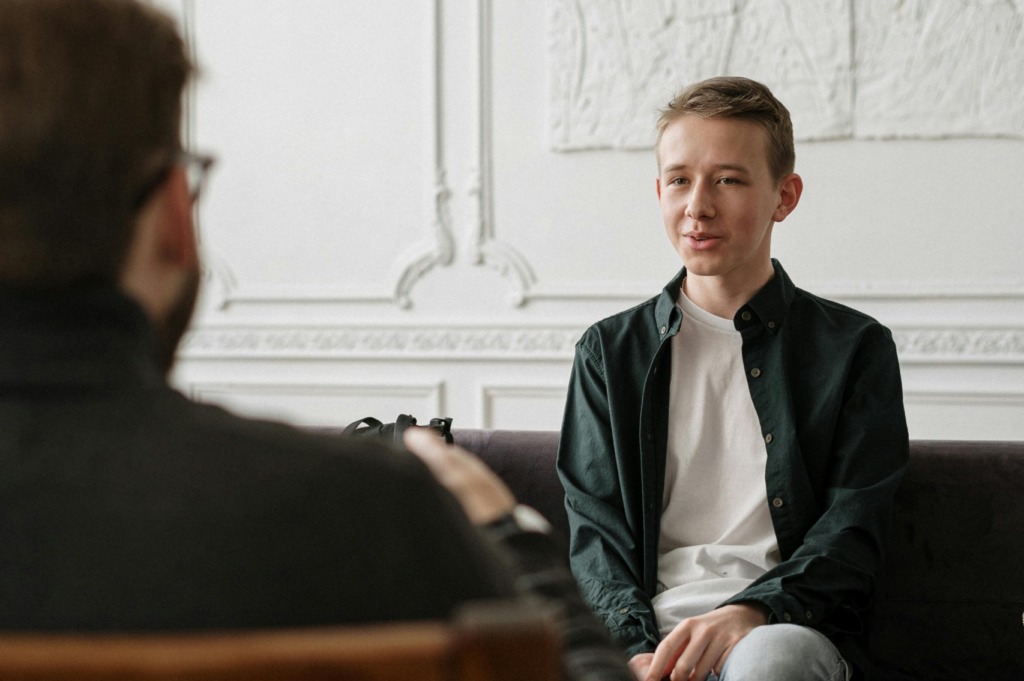
Health Anxiety: Navigating the Obsessive Grip of Wellness Worry
Health anxiety can be a distressing and debilitating experience, winding its way, everyday, into thoughts and feelings. For some it can even become obsessive…

Let’s be honest, therapy can be a bit of a minefield.
With so many different approaches out there, it can be tough to know which one might be the right fit.
Many ‘traditional’ talking therapies out there work wonders for the right person at the right time, and as someone who believes in every therapy (whatever works, wins), counselling can be a fantastic approach for someone looking for, well, counselling.
When it comes to the world of counselling and mental health support in the UK, there’s a whole lot more going on than meets the eye.
It’s not just a one-size-fits-all kind of deal – there are actually quite a few different approaches and specialities out there.
The term ‘counselling’ in broad terms, refers to a talking therapy that involves a trained therapist listening to you and helping you find ways to deal with feelings and emotional issues. Sometimes the term counselling is used to refer to talking therapies in general, but counselling is also a type of therapy in its own right.

Let’s take a look at 5 of the most common types of counselling you might come across:
The world of counselling is broad and diverse, so don’t worry if you’re not sure where to start. The most important thing is finding an approach that feels right for you, perhaps just in the text you read about it, and then creating a trusting connection with your therapist.

What happens when traditional counselling doesn’t click?
If you’ve tried traditional counselling or talking therapies in the past and felt like it just wasn’t working for you for one reason or another, or perhaps you just don’t feel one of these above is the right fit, you might be wondering if there are other options.
Enter… Solution Focused Therapy
Working on what works…
Counselling someone through the approach of solution focused therapy is a refreshingly different approach for some. It focuses on strengths and what’s working or has worked well in the past, rather than dwelling on the negative problems and concerns that perhaps brought you to the therapy room that day.
So, rather than focusing on the anxiety, feelings of depression, or perhaps the angry outburts you may have been experiencing, it’s about recognising those concerns and then spending time looking at how life would be if they weren’t plaguing you as much – at life beyond therapy.
It’s all about identifying the direction you want to head in, your aims and sometimes your goals if you have some, and discussing how you could create thoughtful, helpful and practical steps towards where you would like to be.

Traditional Counselling
Traditional counselling can be incredibly valuable for many people. But it’s not a one-size-fits-all solution, and there are a few common limitations that you might have experienced:
The Solution-Focused Approach
Here are a few key things that set this approach apart:

So, what does counselling someone through a solution-focused therapy session actually look like?
Here’s a quick overview:
The beauty of this approach is that it’s highly adaptable – it can be used to address a wide range of issues, from relationship challenges to career goals to anxiety to fibromyalgia to insomnia, and more.

Therapy is a collaborative process – you’re the expert on your own life, and my aim will be to guide and support you to make the progress you would like to see.
Embrace the journey, and who knows where it might lead you.
If you would like to know more, please feel free to get in touch at any time by booking a free discovery call with me over the next few weeks, and we can chat further about what you would like to achieve through sessions.
Sources:
https://www.cci.health.wa.gov.au/Resources/Looking-for-Help/Solution-Focused-Therapy
https://www.therapytribe.com/therapy/solution-focused-therapy.html
https://www.goodtherapy.org/learn-about-therapy/types/solution-focused-brief-therapy
https://www.counselling-directory.org.uk/memberarticles/solution-focused-brief-therapy-what-is-it
Charities that offer Counselling include:

Health anxiety can be a distressing and debilitating experience, winding its way, everyday, into thoughts and feelings. For some it can even become obsessive…

From the social pressures of pub culture to the emotional crutch it can provide in times of stress, the link between alcohol and mental health is undeniable…

The experience of IBS can impact our lives in profound and painful ways – step up Gut Directed Hypnotherapy as an option for long-term relief and significant change…

Public Speaking? Ahh, dread the thought! The sweaty palms, the racing heart, the mind going blank. But with hypnotherapy, you don’t have to let it hold you back